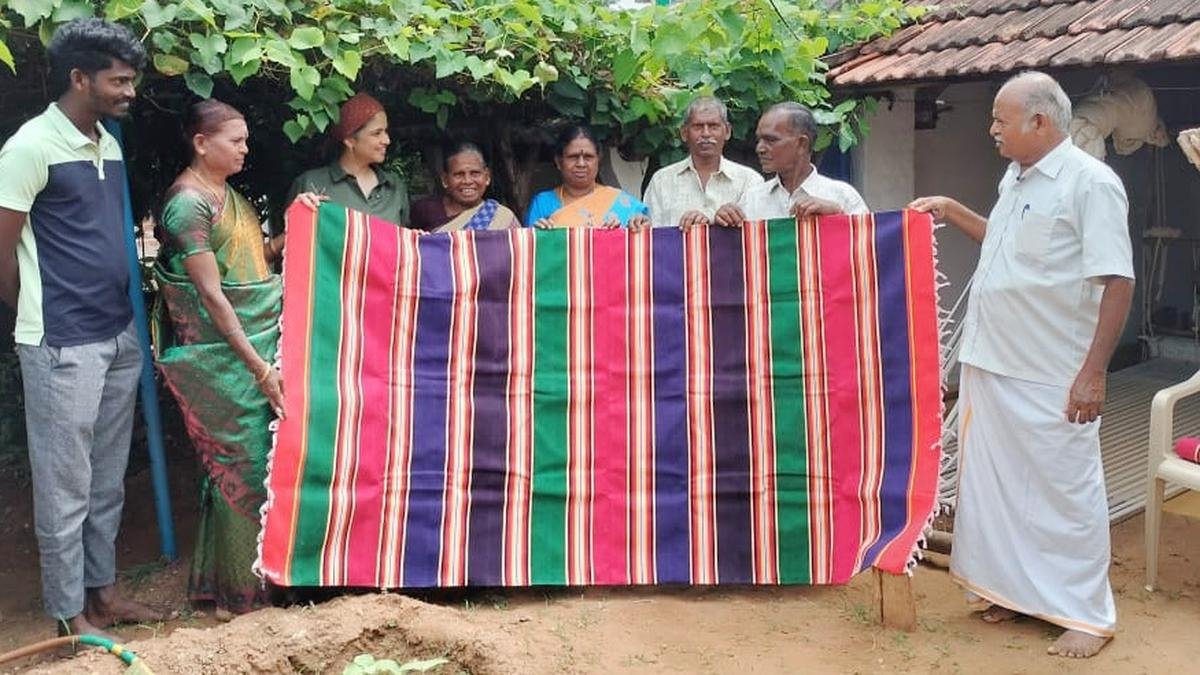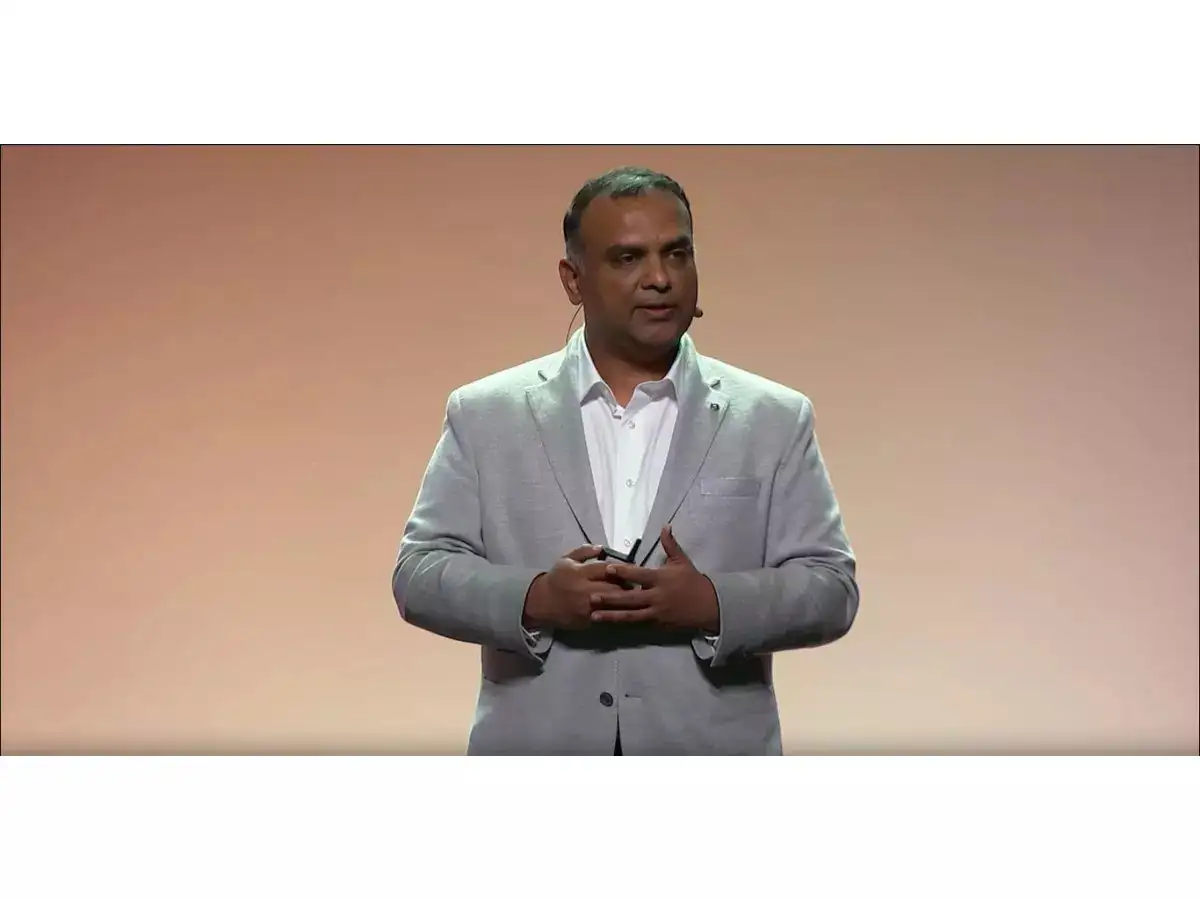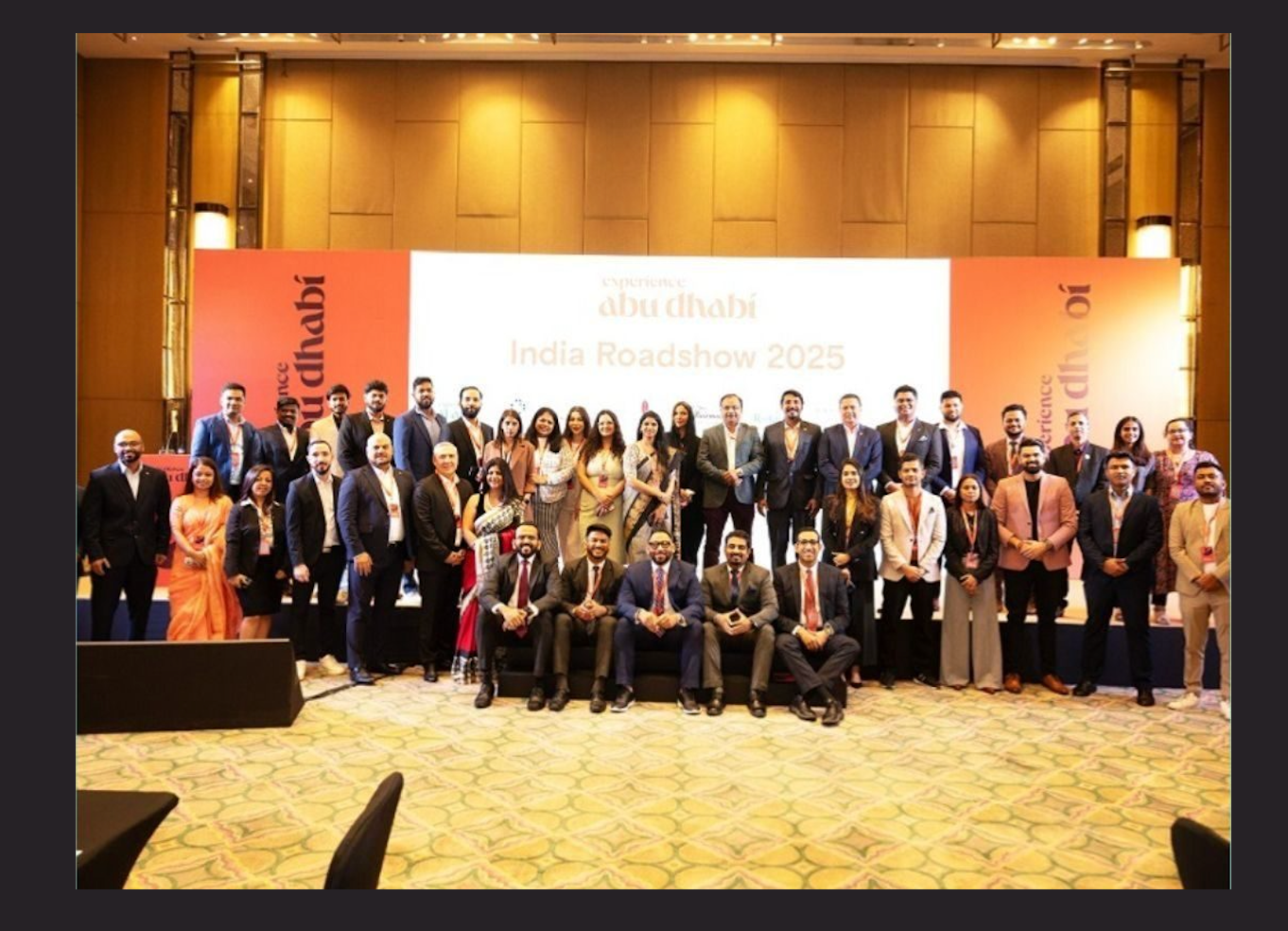Fanshawe College, where more than half of the student population consists of international students, remains committed to recruiting in India. The college has introduced faster turnaround times for issuing offer letters and expanded programs to align with labor market needs
Canadian universities have experienced a significant surge in Indian student enrollment over the past two decades, with numbers growing from just 2,181 in 2000 to a staggering 128,928 in 2021, a remarkable 5800% increase according to The PIE News. However, recent developments have led to a notable decline in interest, particularly due to political tensions and evolving immigration policies.
By 2023, Canada hosted over 420,000 international students, as reported by India’s Ministry of External Affairs. During the first half of 2024, Indian students made up 49% of international enrollments, a sharp drop from the previous year. This decline has been attributed to the diplomatic row between India and Canada, which resulted in Canada pulling several diplomats from India and left prospective students reconsidering their choices.
Priyanka Roy, senior recruitment advisor at York University, noted a visible decrease in study permit applications from India. “Despite extensive efforts by institutions, including hiring local representatives and launching targeted marketing campaigns, this drop in interest persists,” she told The PIE News. Roy also highlighted changes in work permit regulations and the political discord between the two nations as contributing factors to the shift in attitudes.
“We continue to work closely with our employer advisory bodies to ensure our programs match the demands of the job market.”
— Pranav Rathi, associate director of international recruitment and market development at Fanshawe College
To combat this, Canadian institutions have adopted proactive strategies to re-engage Indian students. “We are prioritizing direct engagement with prospective students and their families through webinars, information sessions, and Q&A forums,” Roy explained. Additionally, schools are partnering with Indian educational institutions and guidance counselors to ensure accurate information reaches students.
Canada’s immigration policy has become another significant hurdle for international students. Recent government regulations have imposed stricter limits on study permits, reducing the 2024 intake target of 485,000 to 437,000 in 2025. These caps will particularly affect master’s and doctoral programs. Furthermore, new post-graduate work permit (PGWP) criteria now restrict eligibility to students whose programs align with specific government-mandated fields of study.
Despite the challenges, there is cautious optimism. Pranav Rathi, associate director of international recruitment and market development at Fanshawe College, pointed to high-demand sectors like STEM, construction, and healthcare as areas of potential growth. “While the restrictions may limit some students, colleges are uniquely positioned to thrive in these high-demand fields,” he said.
Although the current decline in Indian student numbers may seem concerning, experts believe it is largely driven by external perceptions. “Rebuilding interest will require reshaping the narrative,” Rathi concluded, “emphasizing that Canada remains open and welcoming to international students.”
***********************************************************
Readers
These are extraordinary times. All of us have to rely on high-impact, trustworthy journalism. And this is especially true of the Indian Diaspora. Members of the Indian community overseas cannot be fed with inaccurate news.
Pravasi Samwad is a venture that has no shareholders. It is the result of an impassioned initiative of a handful of Indian journalists spread around the world. We have taken a small step forward with the pledge to provide news with accuracy, free from political and commercial influence. Our aim is to keep you, our readers, informed about developments at ‘home’ and across the world that affect you.
Please help us to keep our journalism independent and free.
In these difficult times, running a news website requires finances. While every contribution, big or small, will make a difference, we request our readers to put us in touch with advertisers worldwide. It will be a great help.
For more information: pravasisamwad00@gmail.com










